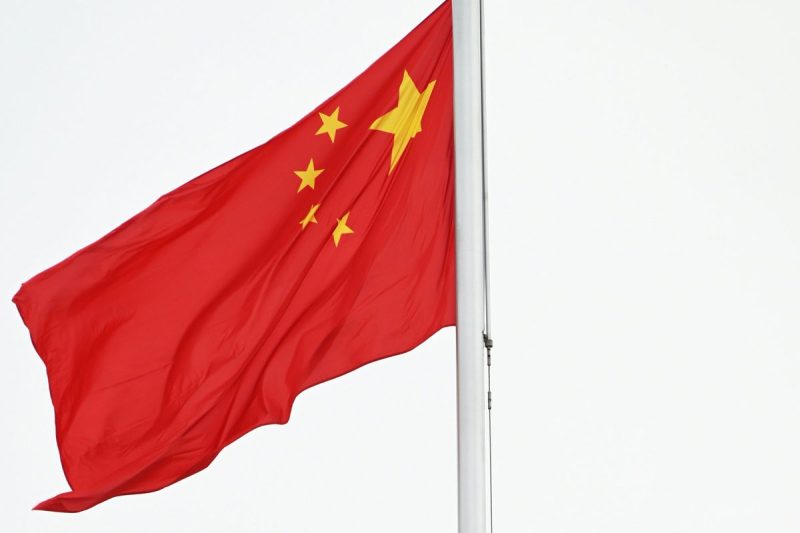
China’s Tightening Hold on Strategic Minerals: The Antimony Export Control Revolution
With the implementation of new export controls on antimony, China has strengthened its hold on strategic minerals, posing potential challenges for global supply chains and market stability. This decision, announced by China’s Ministry of Commerce, represents a deliberate strategy to exert control over the production and distribution of antimony, a critical mineral used in various industries such as electronics, automobile manufacturing, and defense.
Antimony, with its diverse applications in flame retardants, batteries, and semiconductors, plays a vital role in modern industrial processes. Being the world’s largest producer and exporter of antimony, China’s move to tighten the reins on its export signals a significant shift in the global mineral trade landscape. This development not only impacts the prices of antimony on international markets but also raises concerns regarding supply security and reliability for countries dependent on Chinese exports.
The new export controls introduced by China aim to regulate the quantity and quality of antimony leaving the country, thereby enabling the Chinese government to manage the global supply chain and prices more effectively. By imposing restrictions on the export of antimony, China can maintain stable prices for this critical mineral, thereby gaining a stronger foothold in the global market.
Furthermore, the strategic significance of antimony cannot be understated, as its applications in defense technologies and high-tech industries make it an indispensable resource for national security. With China’s enhanced control over antimony exports, countries reliant on this mineral will need to diversify their supply sources and explore alternative strategies to mitigate potential disruptions in their supply chains.
In response to China’s tightened grip on antimony exports, countries around the world may accelerate efforts to boost domestic production or seek partnerships with other antimony-producing nations to reduce reliance on Chinese supplies. This shift towards greater self-sufficiency and diversification in mineral sourcing reflects a broader trend of countries re-evaluating their dependencies on a single dominant player in the global market.
As China solidifies its position as a key player in the global mineral trade, particularly for critical resources like antimony, other countries and industries must adapt to this new reality by implementing robust supply chain strategies, exploring new extraction technologies, and fostering partnerships to ensure a secure and stable supply of strategic minerals in the face of evolving market dynamics. Only through proactive collaboration and strategic planning can nations navigate the challenges presented by China’s tightened grip on strategic minerals and safeguard their industrial and national security interests.
